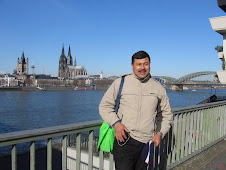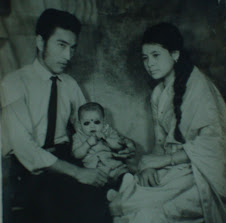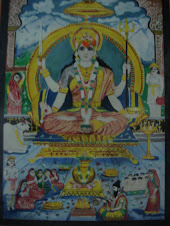Shrestha, B. (2003). Equity and Gender Consideration in Watershed Management: An Experience with Community Development and Forest / Watershed Conservation Project Phase-II in Western Hills of Nepal. A paper presented at the national seminar on "Management of Common Property Resources and Equity: Exploring Lessons from Nepal" held on 28 April 2003. Kathmandu, Nepal: ForestAction Nepal.
In Nepal, caste, ethnicity and gender remain important issues. Despite constitutional rights for equality, disparities based on caste, ethnicity and gender persist. This case study examines the caste/ethnic and gender dimension of the structure of people's groups as reflected in representation in committees and leadership development, meetings and decision-making, and training and study tours. The article concludes that a sense of ownership of local people to protect-supported activities leads to better participation in meetings, decision-making and other collective activities, irrespective of caste, ethnic and gender differences.
My Brief Biography

- BASAN SHRESTHA
- I am Basan Shrestha from Kathmandu, Nepal. I am a development professional with expertise in socio-economic research, monitoring and documentation. I hold 3 master degrees 1) MSc in Regional and Rural Development Planning, Asian Institute of Technology, Thailand, 2002; 2) MSc in Statistics, Tribhuvan University (TU), Kathmandu, Nepal, 1995; and 3) MA in Sociology, TU, 1997. I have gained professional experience for more than 10 years in socio-economic research, monitoring and documentation on agricultural and natural resource management. I had worked in Lumle Agricultural Research Centre, western Nepal from 1997 to 2000; CARE Nepal (SAGUN Program), mid-western Nepal from 2003 to 2006 and Western Terai Landscape Complex Project in far-western Nepal from 2006 onwards. I have published some articles to my credit. With my sound academic background and professional experience, I am much encouraged to undertake PhD to explore equity in Community Forest Management analysing both procedural and distributional aspects. Your kind cooperation, if any, to link with the concerned personnel and authorities would be instrumental and appreciated.
Subscribe to:
Post Comments (Atom)



















No comments:
Post a Comment